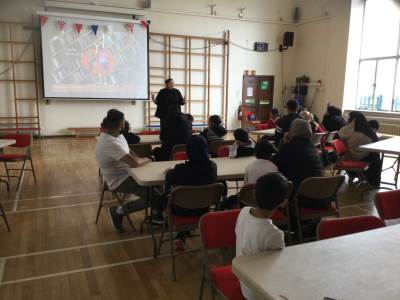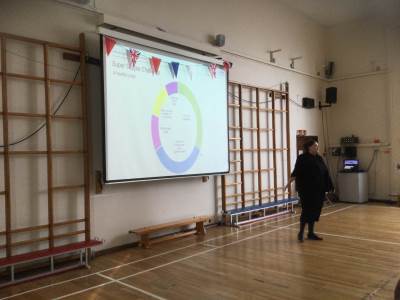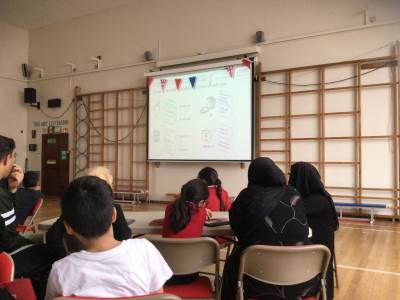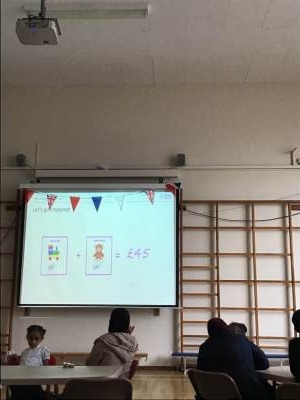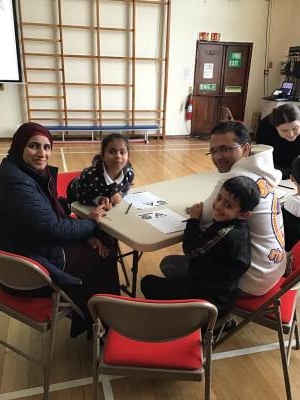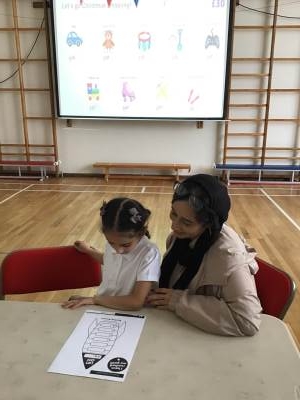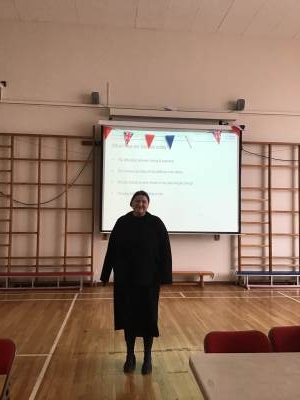Maths
What is maths?
Mathematics is the study of numbers, shapes, quantities and arrangements.
Why do we learn about maths?
Learning maths develops our logical and critical thinking skills. Maths skills are important in every career path and help us to succeed in other subjects , especially science, computing and technology.
Maths Policy- Curriculum Statement
At Park Hill, we provide teaching and learning opportunities to develop all areas of the mathematics curriculum : fluency, reasoning and problem solving. Our commitment to inclusion and equal opportunities is shown through a range of strategies we employ to ensure engagement of our pupils in lessons.
Mathematics is a creative and highly interconnected discipline and is essential to everyday life, critical to science, technology and engineering, and necessary for financial literacy and most forms of employment. At Park Hill, we believe a high-quality mathematics education provides a foundation for understanding the world , the ability to reason mathematically , an appreciation of the beauty and power of mathematics, and a sense of enjoyment and curiosity about the subject.
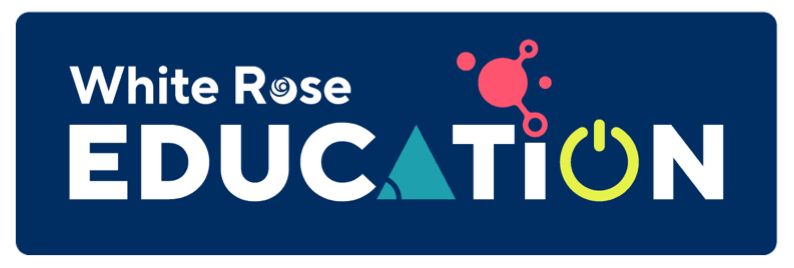
At Park Hill, we use the White Rose Education scheme which is fully aligned with the National Curriculum. The White Rose Scheme focuses on deepening children's understanding by teaching maths for mastery. Pupils are encouraged to consolidate their knowledge and understanding of each topic, rather than speeding through the curriculum. With strong foundational knowledge , they'll be better able to tackle more challenging topics and number problems and they'll find it easier to extend and build on their knowledge. When children consolidate what they've learned, they benefit from a lasting understanding of lessons- the skills they've mastered will stay with them throughout their academic lives and into adulthood.
Here is what our pupils think about maths.
Maths Pupil Voice Analysis report
Maths Pupil Voice Analysis report- Spring
Maths National Curriculum
KS1 and KS2
Maths National Curriculum KS1 and KS2
National Curriculum and 'Ready to progress' mapping
EYFS
Maths Curriculum Overview
Calculation Policies
Addition and subtraction calculation policy
Multiplication and division calculation policy
Fluency Bee Year 1 and Year 2
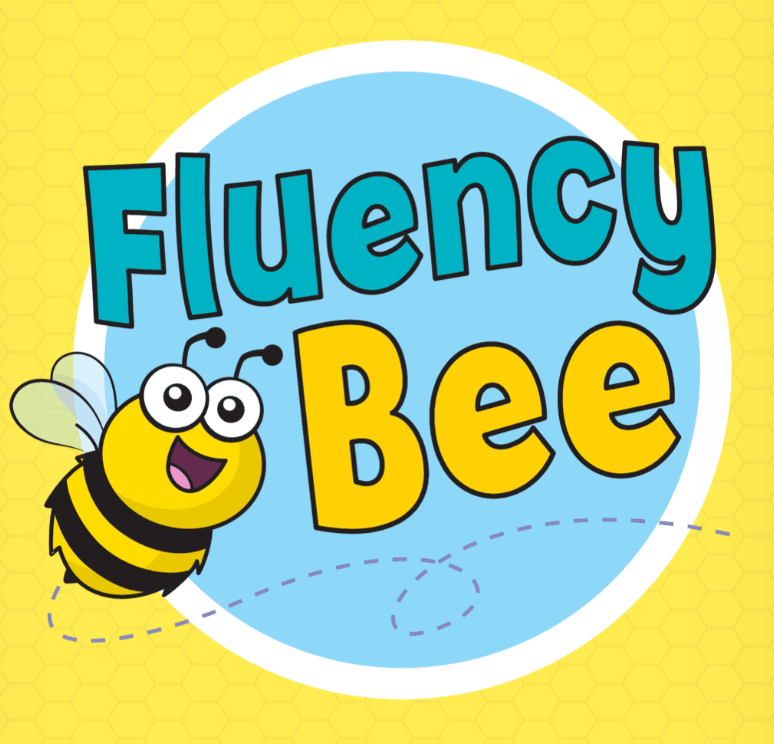
What is Fluency Bee?
Fluency Bee is a structured teaching programme designed to give children confidence with numbers through varied and frequent practice. It is an easy way to build number sense and develop a range of core skills in maths.
Concrete- pictorial- abstract (CPA)
The programme uses a CPA approach throughout to develop a secure understanding of mathematical concepts. Concrete manipulatives and pictorial representations are used to support children to make links, build visual images and make sense of abstract calculations.
Mathematical talk and reasoning
Frequent opportunities for mathematical talk are provided. Familiar characters encourage children to explore common misconceptions and explain their reasoning.
What can you do at home to support your children?
Year 4 Multiplication Tables Check (MTC) Information for Parents
Information for parents: 2024 multiplication tables check click here
The Multiplication Tables Check (MTC) is a statutory assessment that was introduced by the Department for Education (DfE) in England to assess pupils' fluency in multiplication tables up to 12x12. It is administered to all pupils at the end of Year 4.
Purpose of the MTC: The MTC aims to ensure that pupils have a solid foundation in multiplication tables , which is essential for success in mathematics. By assessing fluency in multiplication, the MTC helps to identify areas where additional support maybe needed to improve mathematical skills.
How the MTC works: During the MTC, pupils will be asked to answer 25 multiplication questions within a time limit of 6 seconds per question. The questions cover multiplication facts up to 12x12. Pupils will complete the check on a computer or tablet.
Supporting your child at home: As parents, there are many ways you can support your child's learning and preparation for the MTC:
1. Practice, Practice, Practice: You can use flashcards and online games to make learning fun and interactive.
2. Use everyday opportunities: For example when cooking or shopping, involve your child calculating quantities or prices using multiplication.
3. Use online resources: Take advantage of online resources.
Maths Frame Multiplication Tables Check
4. Communicate with teachers: Stay informed about your child's progress in mathematics and the MTC by communicating regularly with their teachers.
By working together with you child child and their teacher, you can help ensure they feel confident and prepared for the Year 4 Multiplication Tables Check.
1-Minute Maths
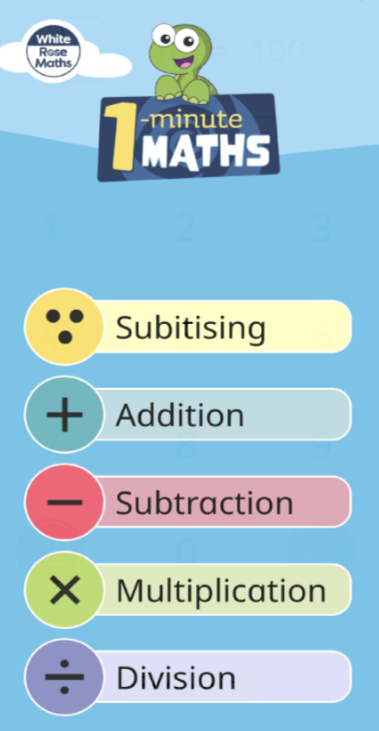
This free app can be downloaded to help your children build greater number confidence and fluency.
Children can choose any topic they want to try. They then answer a unique series of questions (so it's a different set of questions every time). If they're struggling with a question, a 'Hint' button will give a helpful clue by showing the question in a different but familiar way.
Individual one-minute tasks focus on multiplication, division, addition and subtraction. It also covers 'Subitising'; the skill of instantly recognising the number of items in a group without counting.
Mathletics
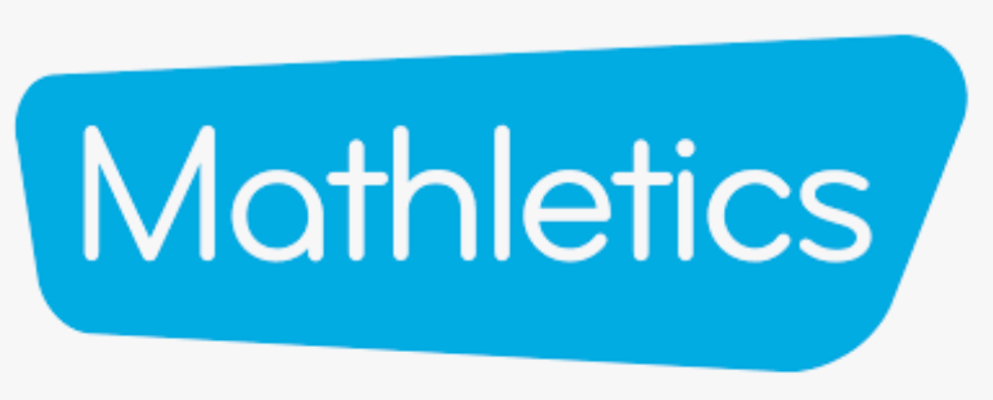
Log on to Mathletics and complete the maths work that has been assigned by the class teacher.
Mathletics is designed by expert educators and developed to align with the National Curriculum. Mathletics reinforces children's schoolwork and classroom learning, focusing on the skills and concepts they need for success. Children stay motivated to learn and move forward with a variety of rewards and creative adventures.
We celebrate students' hard work with personalised certificates that link to new Achievement Levels. Certificates are handed out in merit assemblies.
Click on the link below.
Maths Songs
Maths songs can be a fun and an effective way to help children learn and remember mathematical concepts. Here are some maths songs for you to enjoy and get active with.
Round it up- Round it down
https://www.gonoodle.com/videos/9XWW1X/round-it-up-round-it-down
Lines and Angles
https://www.gonoodle.com/videos/QXBe7Y/lines-and-angles
Greater Than, Less Than and Equal
https://www.gonoodle.com/videos/r2rje2/hollabaloo-greater-than-less-than-equal-to
Enrichment
HSBC Financial Education
At the heart of the HSBC UK programme is the opportunity to build the fundamental maths and numeracy skills required by the curriculum. Important to this aspect of the financial education framework are:
- Understanding the value of money
- Performing calculations with money
- Understanding currencies
- Appreciating how money works
- Understanding borrowing and calculating interest
HSBC Financial Education Workshops


